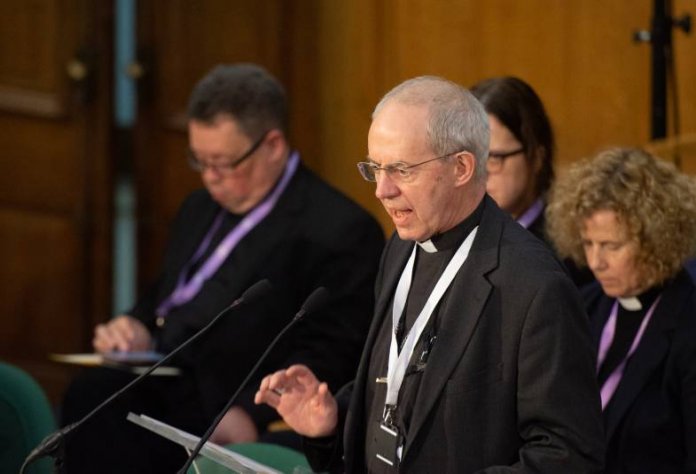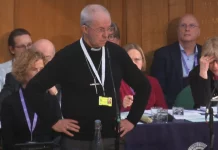Some years ago, Radio 4 ran a series of programmes presented by Michael Portillo called ‘Things we forgot to remember’ which looked at forgotten aspects of British and world history. The title of this series came back to my mind this week as I looked at how people are responding to Israel’s current military activity in Gaza.
One thing that particularly struck me is how we seem to have almost totally forgotten that Allied military activity in the Second World War, a war that is generally regarded as a conflict necessarily fought for a legitimate cause, resulted in large numbers of civilian casualties.
Two examples will serve to illustrate this point.
First, Operation Chastise, the ‘Dambuster’ raid of 16 and 17 May 1943 in which the RAF attacked the Möhne, Edersee and Sorpe dams in western Germany in an attempt to disrupt German industrial production, and therefore the German war effort, is normally remembered as a celebrated feat of British arms. What is all too often forgotten is that the subsequent flooding resulted in an estimated 1,600 civilian casualties – 600 Germans and 1,000, mainly Soviet, enslaved labourers.
Secondly, fictional representations of Operation Overlord, the battle for Normandy in June-August 1944, such as the films The Longest Day and Saving Private Ryan, generally depict the fighting in Normandy as if the only casualties involved were those suffered by the soldiers of the Allied and German forces. This was not the case. It has been estimated that around 19,980 French civilians were killed as a result of the battle. The historic town of Caen was particularly badly hit with some 80 per cent of the city being destroyed and some 3,000 civilians being killed.
The question that these civilian casualty figures raise is whether they were justified. To use the criterion from Christian just war theory, were these deaths proportionate? As the Christian ethicist Nigel Biggar writes in his book, In Defence of War, this criterion holds that ‘one is only justified in launching a military operation or persisting in it if the losses to one’s own side (and to non-combatants) seem, according to a reasonable estimate, necessary to gain and efficient in gaining the military advantages aimed at.’
In the case of both Operation Chastise and Operation Overlord it was believed at the time, and has been generally accepted since, that this criterion was met. The civilian casualties were unavoidable in order to gain the military advantages of disrupting German industrial production and breaking out of Normandy on the way to the liberation of north-western Europe and the invasion of Germany. Furthermore, they occurred as the result of a war that was itself necessary in order to achieve the just end of the defeat of the German armed forces and hence of Nazism.
The truth of which this history reminds us (in case we needed reminding) is that wars, even just wars, do not simply affect the military personnel involved. Throughout history, and still today, they have always involved civilian casualties, including not only the civilian dead, but also those who are wounded and those who are damaged psychologically through what they have experienced and through the loss of loved ones.
This truth came to my mind last week when I read the presidential address given by the Archbishop of Canterbury at last week’s meeting of the Church of England’s General Synod. In the course of this address he declared: “…. as a religious leader I can say that the killing of so many civilians, the extensive damage to civilian infrastructure cannot be morally justified.
Read it all at Christian Today










